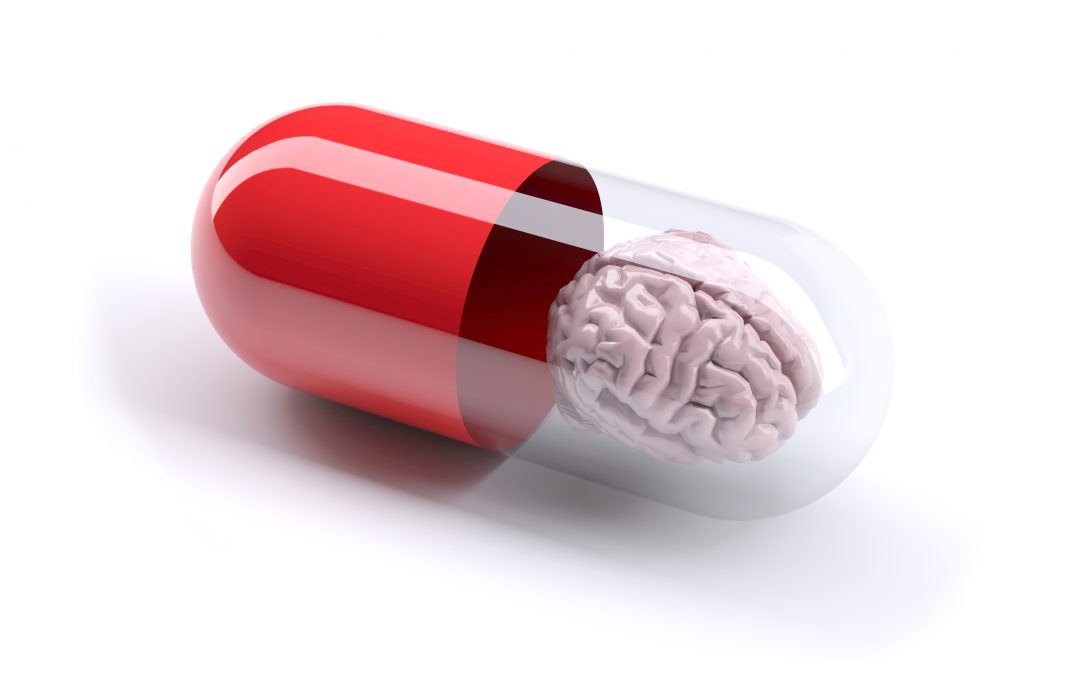
Deciding to Get a Prescription
There’s a lot of fear and worry wrapped up in the idea of getting a prescription for our psychiatric health. There’s doesn’t have to be.

There’s a lot of fear and worry wrapped up in the idea of getting a prescription for our psychiatric health. There’s doesn’t have to be.
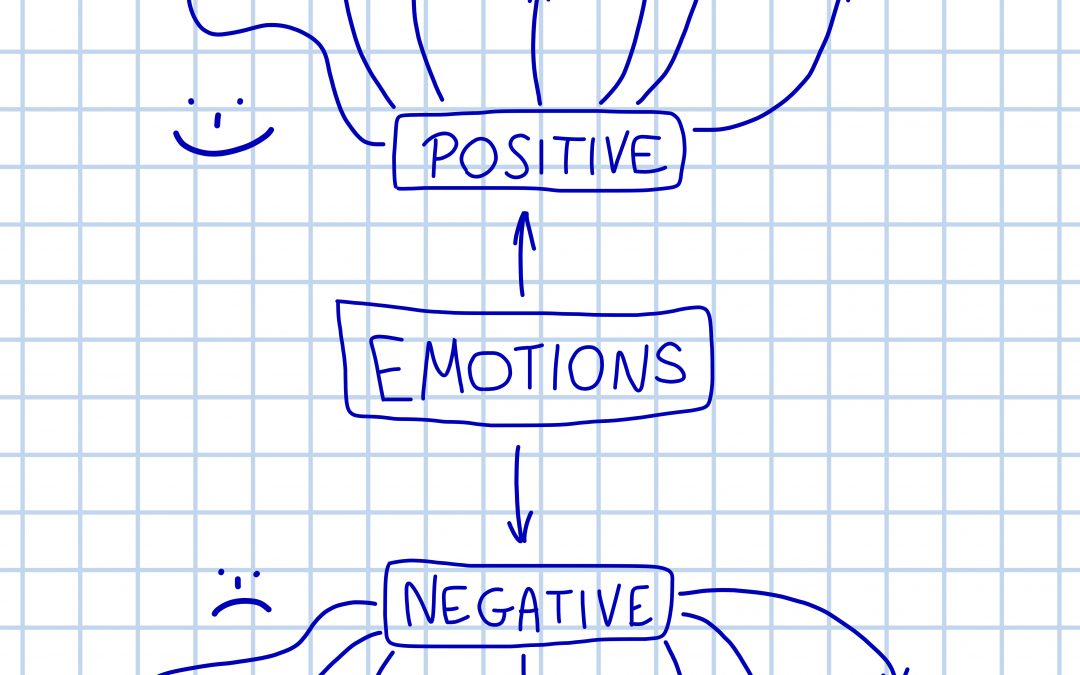
We tend to look at our emotions as “good” or “bad.” In reality, our emotions tell us important information about ourselves.
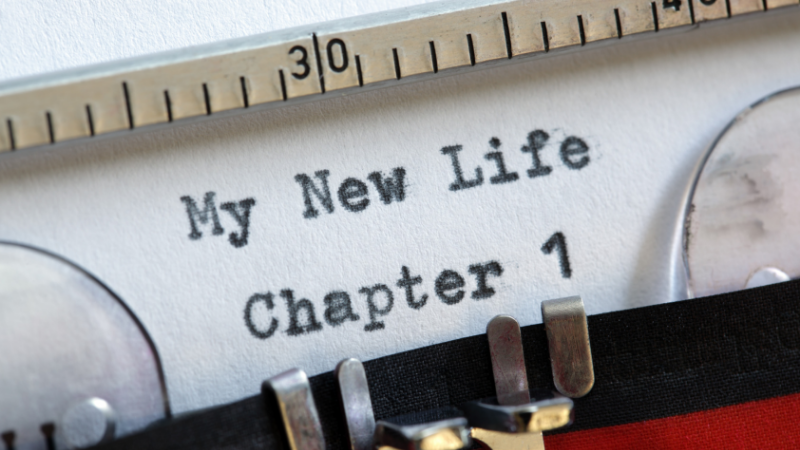
The recovery process for a mental illness often means that we are starting our lives from scratch again. It can be frustrating – and incredibly rewarding.
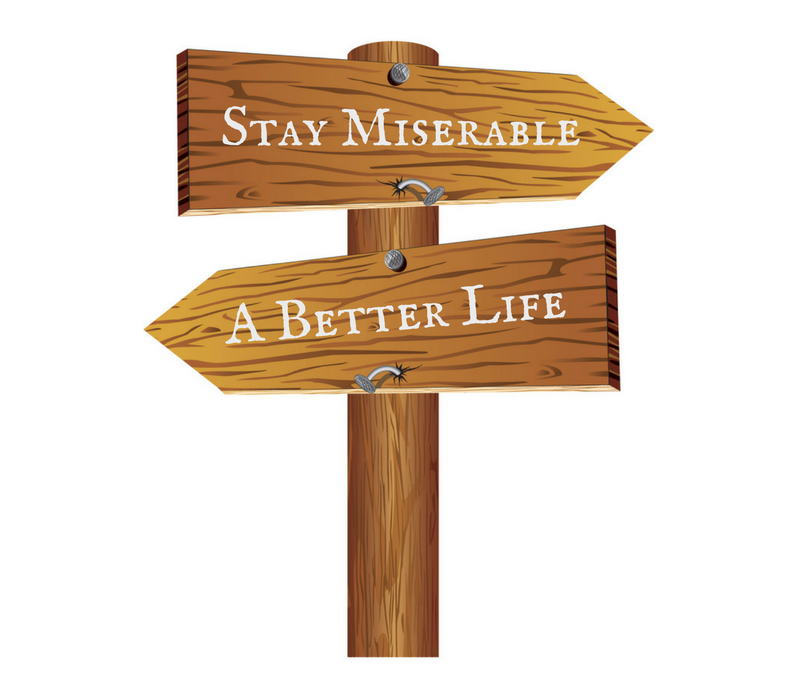
It’s exciting to witness that moment when someone realizes that their diagnosis means that a better life is possible for them.
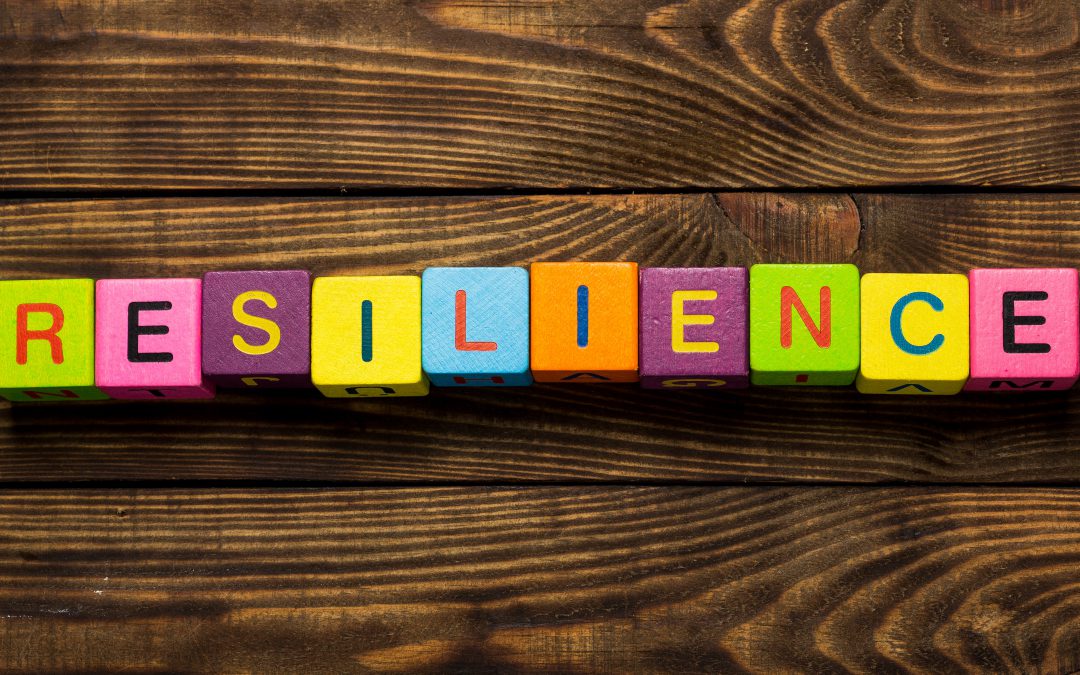
When we talk about getting better, we often define our goal as achieving mental health. But what is mental health? What does it mean to be mentally healthy? How do we know if we’ve achieved this magical goal, the goal for which we hold out so much hope?
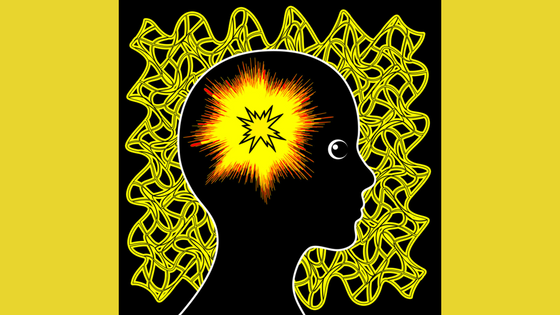
Triggers are events (usually small) that sends us back in time to relive a traumatic event. They apply to all types of trauma and vary in their intensity.
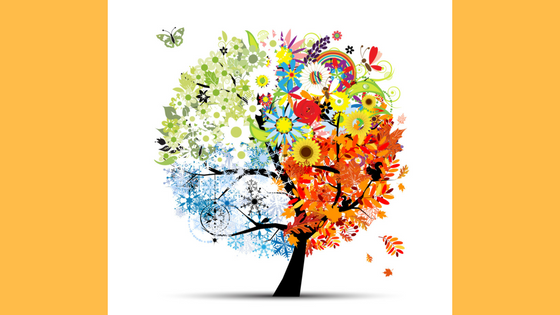
Many of our mood changes are cyclical. By tracking our moods, we can learn the identifying factors of a cycle change and take steps to manage them.
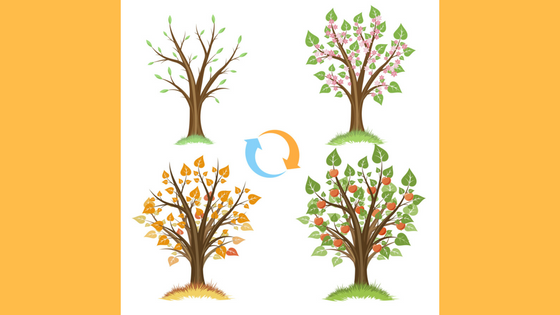
We can learn to manage our cycles and triggers and influence their impact upon our mental health. Doing so helps us get to a place of peace.
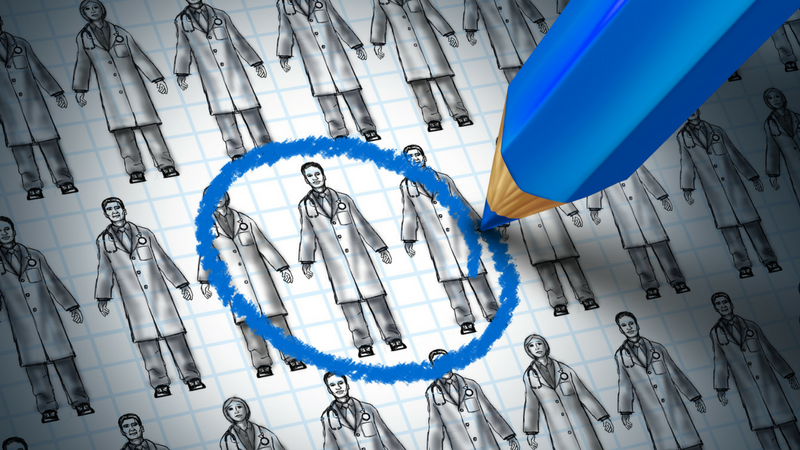
When we decide we want help by getting a mental illness diagnosis, it can be confusing to figure out where to start. Here are some simple steps to follow.

While medication, good diet, and consistent exercise are important in treatment, there is another component that is equally important: Talk therapy.
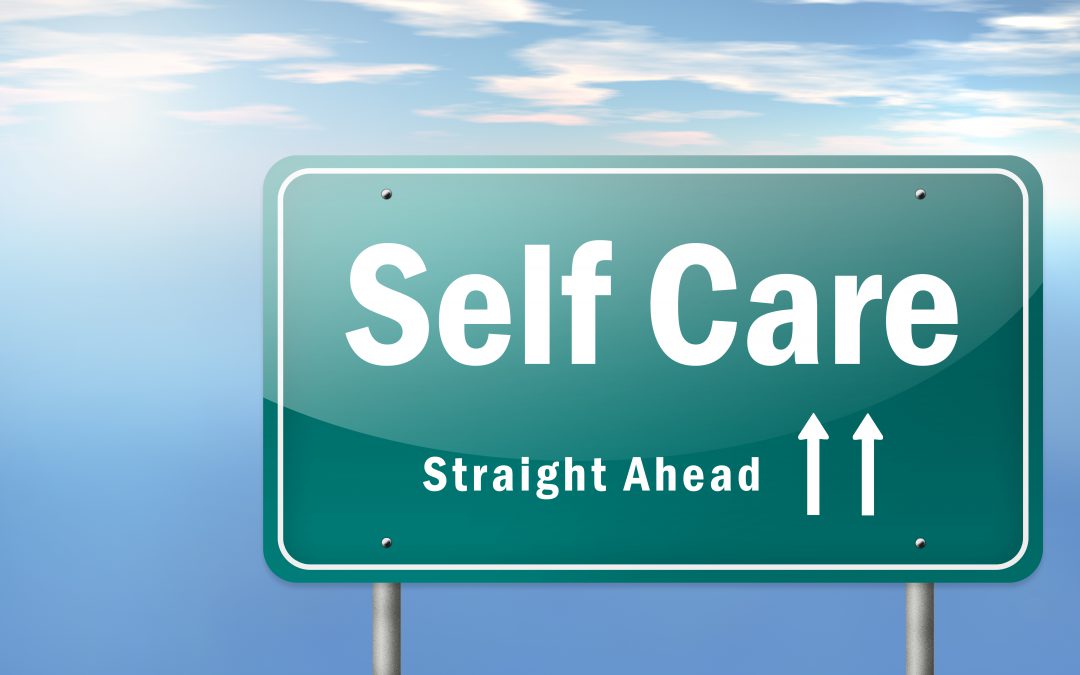
Even when we know the importance of putting together a good self-care plan, it can feel overwhelming to do. Four pillars? Each pillar has multiple pieces? The heart races and the breathing gets shorter. Let’s slow it down and tackle this process – together.
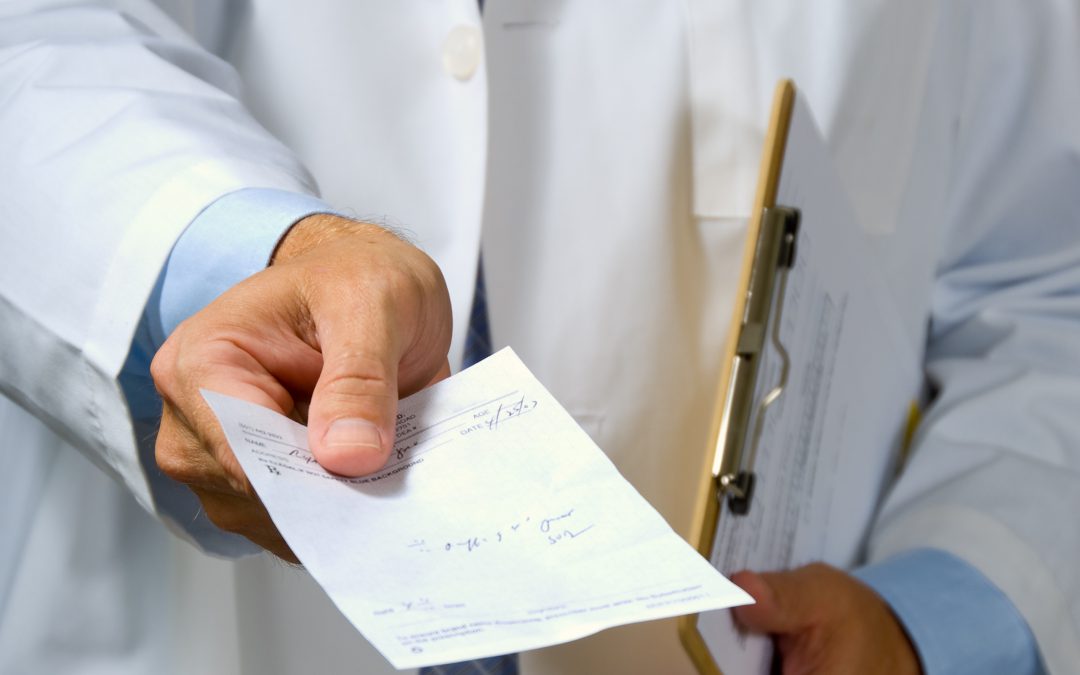
There are several ways you can go about getting a prescription, and each have slightly different processes: going to your regular doctor, working through your therapist/psychologist, and seeing a psychiatrist. Whichever route you take, a chat with a pharmacist is a good idea, as well.
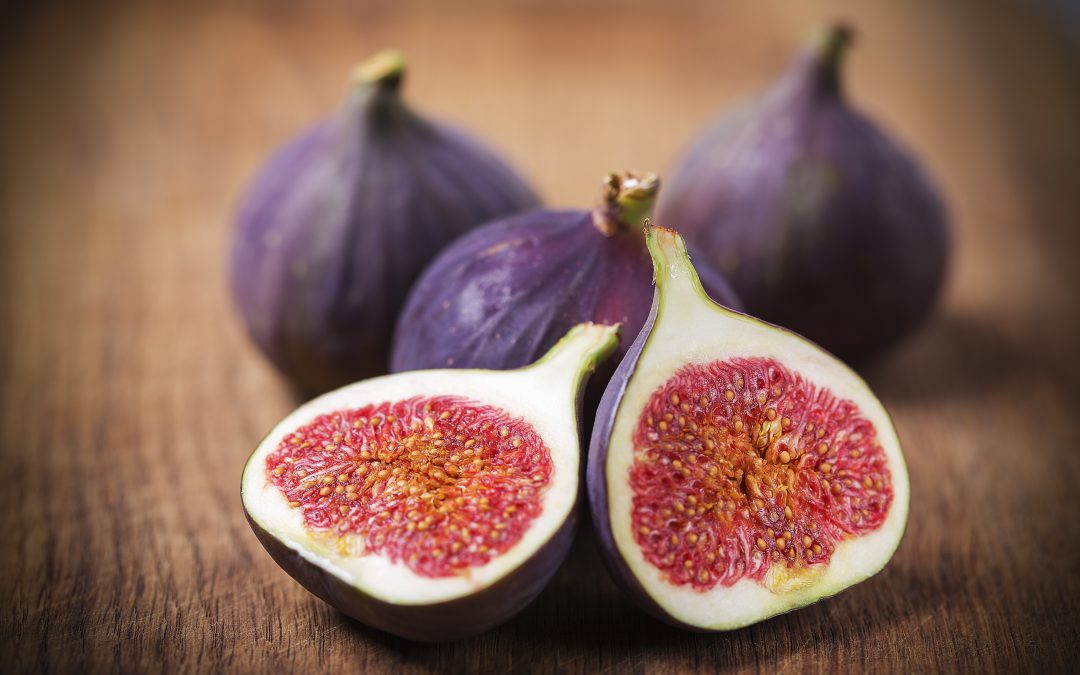
God uses medications to bring about supernatural recoveries. The proof? Hezekiah and the fig poultice.
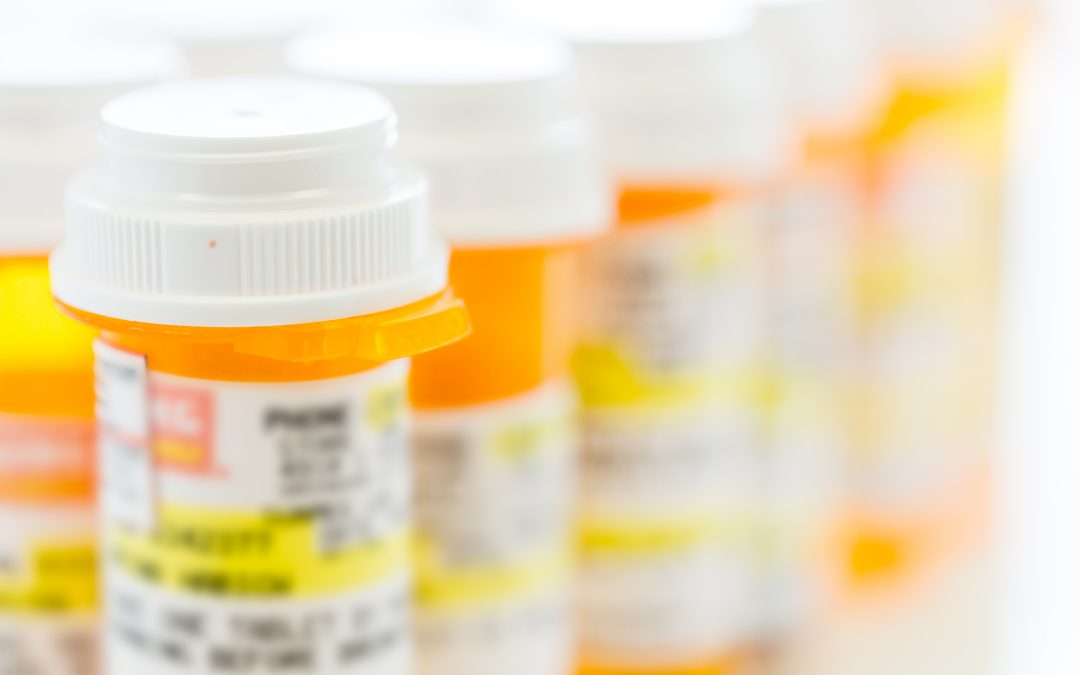
Prescriptions. Scrips. Meds. Pills. Whatever you call them, medicine plays a real role in helping us get to a place of emotional stability. While they aren’t a magic bullet erasing all the symptoms of our mental illness, we should never underestimate the benefits we can derive from taking a medication.

“Before we can determine what else is going on, we need to address your depression.” The blood drained out of my face. Depression? Of all the outcomes I expected from this appointment, a diagnosis of “depression” wasn’t even on the list. It’s just not how I thought of myself. Maybe at other times of my life, but not now.”

We hear a lot about the fight or flight response, but did you know that there’s another part to it? It’s now recognized as the fight-flight-freeze response.

When our fears and phobias limit our participation, it may be time to overcome them. Exposure therapy is a great tool for conquering our fears.
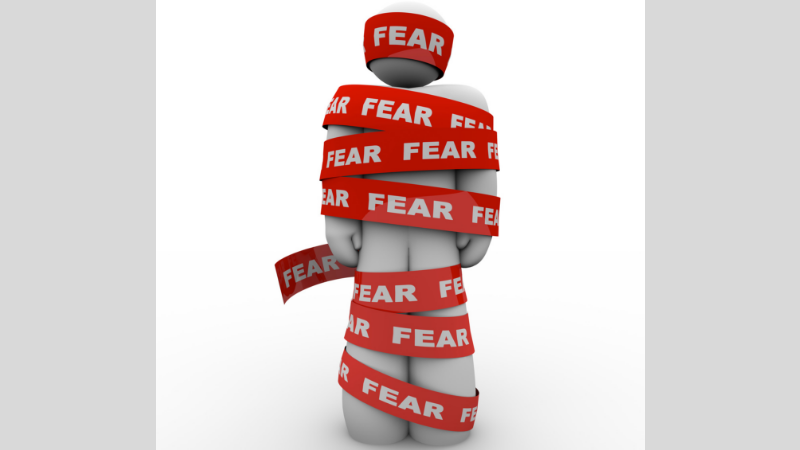
Phobias and fears can be crippling and keep us from living the lives we want and deserve. Overcoming phobias is hard, but possible.

When we think of improving our mental health symptoms, our natural first reaction is medication. Gut health plays a key role in our mental health, too!
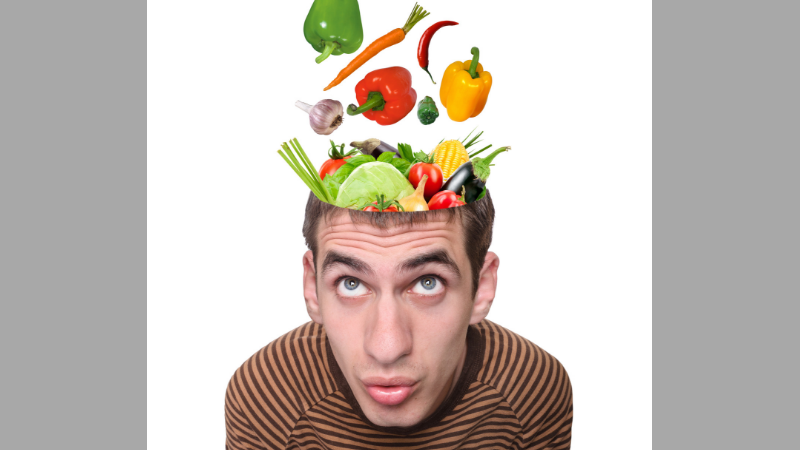
We often overlook how our nutrition impacts our mental health. Ruth Henderson shares how she used an elimination diet and made the decision to cut sugar.